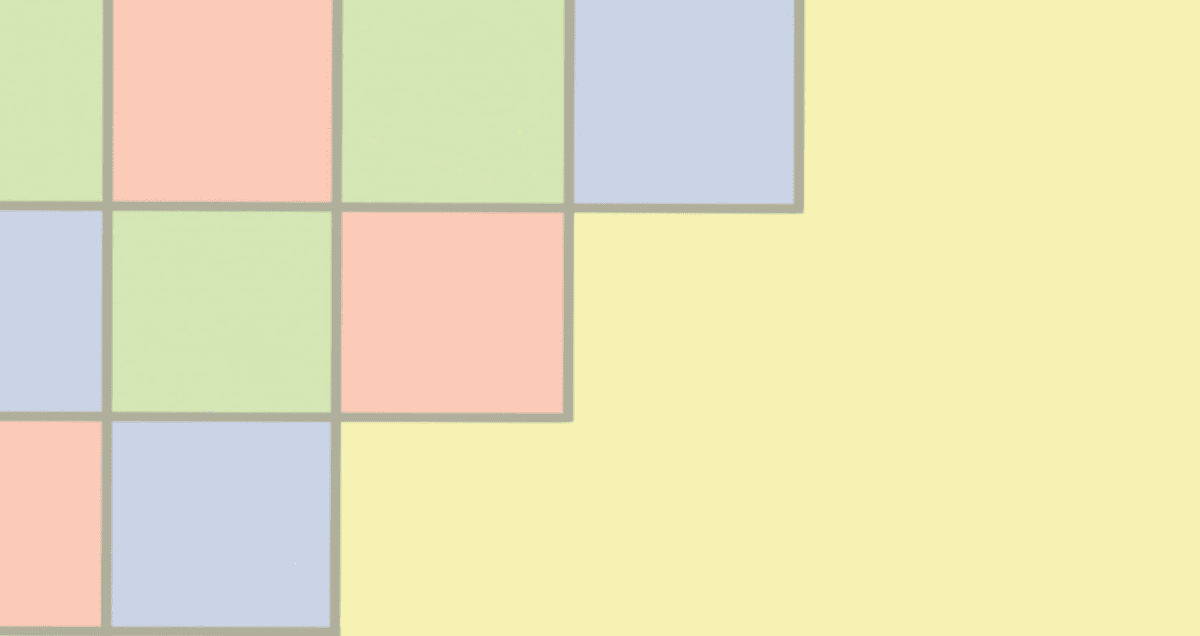Fears abounded last week that ANU was going to cut its Arabic Language program. Students have raised concerns about the University cutting two Arabic teaching staff, as the program currently only has three staff members. ANU Arabic students have expressed, through a Facebook post, that they feel “blindsided by the proposal” especially because of the announcement taking place at the end of the semester.
The students also voiced their concern about the brevity of the consultation period, which closed yesterday. The students argued that “the staff aren’t able to defend themselves given usual university protocol” and wanted to highlight the “incredible community these lecturers have created” and that “Arabic taught at ANU is the best in Australia.”
Professor Rae Frances reassured, in an email to all CASS students on Friday, that “there is no plan to cut the teaching of Arabic” as it “is a key part of our total suite of languages and also of the educational offerings of the Centre for Arab and Islamic Studies.” Frances explained that there was a proposal to reduce staffing within the program due to “declining student enrolments” and “the need for the University to cut salary costs due to the current financial challenges it is facing.”
The University explains that Arabic language program enrolments in 2020, at 250 students, have considerably declined since the program’s peak of 365 in 2017. ANU does not anticipate an increase, as enrolments have declined during the pandemic and the university is deliberately reducing domestic and international student intake.
ANU has identified Arabic as “financially unsustainable given the number of staff relative to the number of students. Given the need to reduce “overall salary expenditure in order to survive its current financial challenges”, the ANU considers Arabic to be an area where “reductions can be made with the least impact.”
Thus, ANU’s Arabic program will be continued “but with reduced and more sustainable staffing,” according to Frances. The exact delivery of future Arabic language courses is yet to be determined, according to the University.
The students have set up a petition here to protest against the cuts to teaching staff. Further details about the proposed cuts can be found in this document. An article by students enrolled in the program can be read here.
We acknowledge the Ngunnawal and Ngambri people, who are the Traditional Custodians of the land on which Woroni, Woroni Radio and Woroni TV are created, edited, published, printed and distributed. We pay our respects to Elders past and present. We acknowledge that the name Woroni was taken from the Wadi Wadi Nation without permission, and we are striving to do better for future reconciliation.
